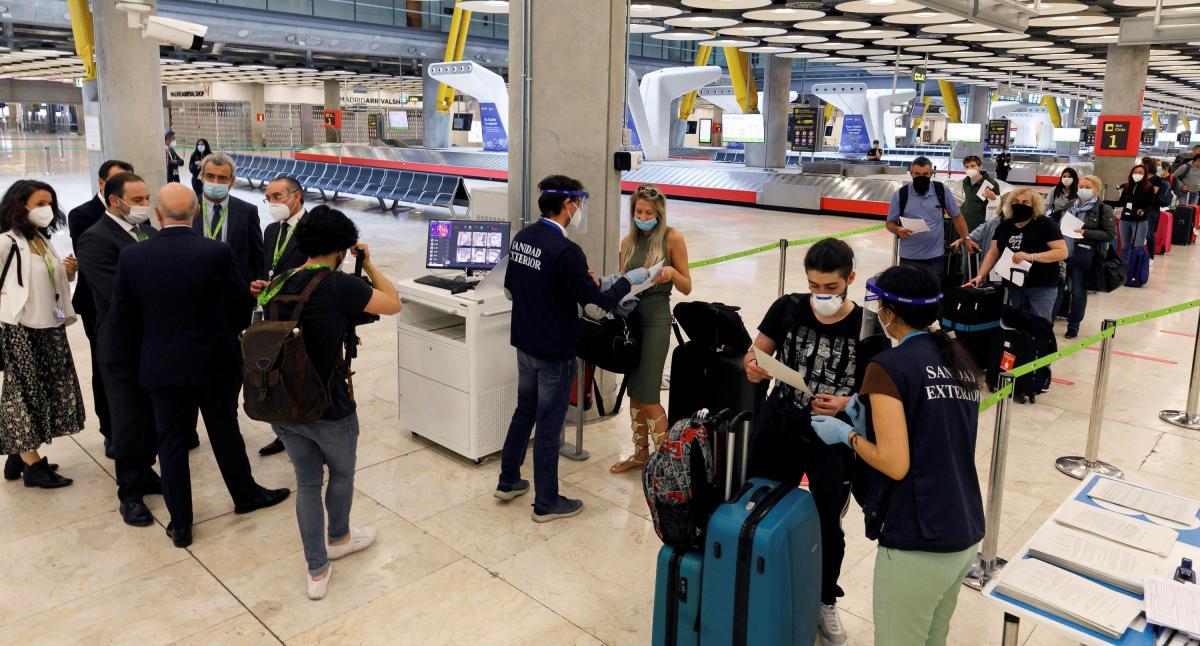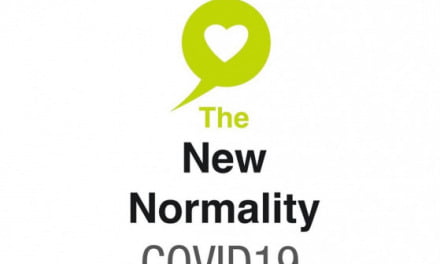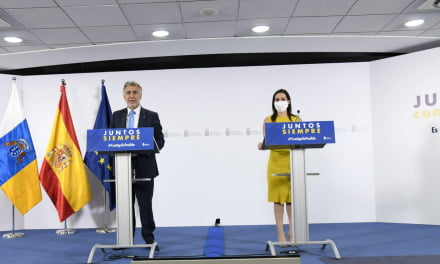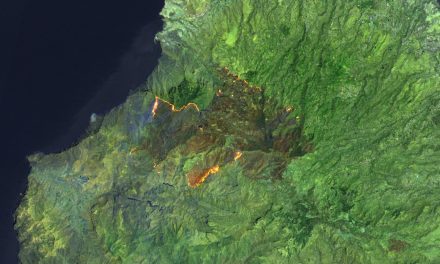All people who, as of this Friday, December 18, travel to the Canary Islands from anywhere in Spain, except those under six years of age, must have had a negative COVID-19 test result within the 72 hours prior to their arrival on the islands, as ordered by the Canary Islands Government.
Anyone who does not take the test before arrival will have to isolate themselves, and be tested on the islands within 72 hours, or otherwise remain isolated at their accommodation/residence for 14 days, according to the order, which specifies that three types of tests are supported: PCR, TMA and antigen test.
The order from the Canary Islands Regional Ministry of Health, published this Tuesday in the Official Gazette of the Canary Islands (BOC), will be in force from December 18 to January 10, although it may be extended.
The Government of the Canary Islands say these measures, for which there are some exceptions, are justified due to almost the entire national territory of Spain being at high or very high epidemiological risk, while the archipelago is currently deemed in the mid range of concern, although also on an upward trend, primarily due to the very high infection rates being experienced on the one island of Tenerife.
An estimate 60,000 people or more will travel to the islands during the Christmas period from the mainland of Spain, returning to their usual or family residences.
In these circumstances, the screening of travellers via a diagnostic test for active infection (PDIA – prueba diagnóstica de infección activa), or alternatively self-isolation, is seen as “an adequate and proportional measure” for the protection of public health within the Canarian population, say the regional government.
For these screenings, the Canary Islands Health Service has made available, to passengers, a network of laboratories, with national implementation, with whom it has reached agreements so that tests can be carried out, allowing each passenger to choose to go to the laboratory they deem most appropriate.
Either the laboratory or the individual, are supplied with an official email address to which the analytical results should be sent before their arrival in the Canary Islands.
Cost of testing
The Canary Islands Health Service have assumed the cost of the diagnostic tests in the case of all Canarian residents who undergo testing in approved and subsidised centres.
In any other case, the cost will be assumed by the traveller, although in some centres there will be “a special price” offered.
If “exceptionally” a passenger has not been tested “they must isolate themselves at their residence and carry out a PDIA within 72 hours of arrival” and remain in that situation “until obtaining and remission of a negative diagnostic test or… epidemiological discharge”.
“Those who do not carry out the PDIA in the manner indicated in the previous sections” must stay isolated in their residence/accommodation for 14 days, “without prejudice to any sanctioning measures that may take place”, the Canary Islands Government say, referring to the sanctioning regime of fines established in Decree Law 14/2020 on non-compliance with COVID-19 prevention and containment measures in the autonomous regional community.
Exceptions
Passengers in transit, or those who have a reservation in a tourist establishment in which diagnostic test results are already required, since the beginning of November, are excluded from these measures.
Likewise, exceptions have been established for when the urgency of travel prevents the performance of the diagnostic test, including in the case of health workers and carers, patients traveling for imperative medical reasons, public representatives, ship and aircraft workers or journalists.
This measure has now been added to, what is known as, the perimeter closure of the Autonomous Community established on December 9, in the regional decree which authorised the sanitary control of international travellers using both antigen tests as well as the PCR negative COVID-19 test required under Spanish law. The regional decree has, however, come under scrutiny by the Central Government in Madrid.













